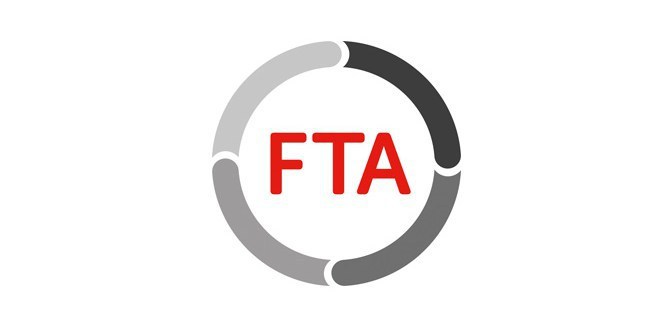
FTA - At 6.00pm this evening Dover District Councillors will discuss a proposal to implement a congestion charge for heavy goods vehicles in Dover. It has been tabled as Item 10 on Page 16 of the following document:
It states:
“With increasing traffic on the Port of Dover starting to impact the air quality and roads surrounding Dover, would the Portfolio Holder for Access and Licensing be willing to consider working with relevant partners to introduce a congestion charge for all HGVs using the port, in order to use the levy collected to combat these issues?”
The Freight Transport Association has issued the following statement:
The Freight Transport Association’s Head of UK Policy, Christopher Snelling said:
“The Port of Dover is the UK’s closest connection to continental Europe and provides a vital trading link, not just for the south east of England, but for the UK as a whole. HGVs do not have an alternative route to use, so such a proposed charge is simply a tax on business and would ultimately hurt British trading relationships, as well as pushing up prices for goods and services.
“HGV operators have already made huge strides in reducing emissions, with the latest generation of trucks 90% cleaner than those sold just five years ago. These innovations are beginning to have an impact on air quality and it is wrong to place the blame for pollution levels solely at the feet (or wheels) of freight vehicles.
“It is worth noting that the tax paid by HGV operators is equivalent to the total budget for road maintenance of the entire UK road network. An additional tax of this type will not alleviate the air quality issues in and around the port of Dover, but will simply add more expense to an industry already bearing the cost of cleaning up the nation’s air, while compromising logistics operators’ ability to work efficiently and keep Britain’s businesses supplied with the goods they need.”